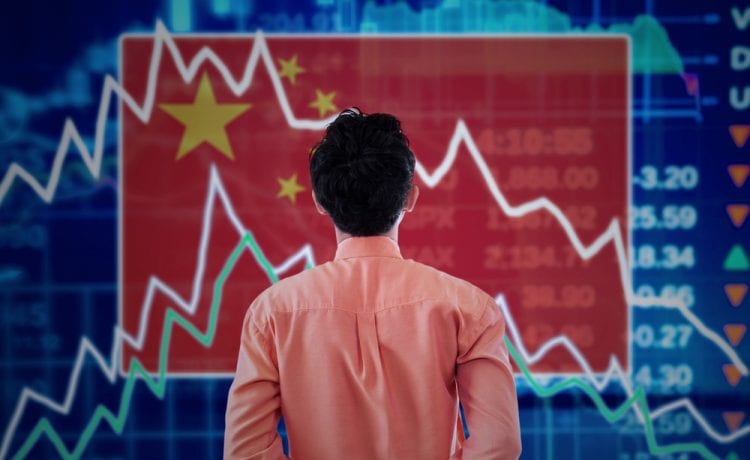The SZSE Component Index dropped 10.73 percent from Feb. 17 to March 16, while the Hang Seng TECH Index fell 18 percent during that period
South Korean individual investors in the Chinese stock market are in a dilemma with relevant indices dropping amid signs of a liquidity cut and rising U.S. Treasury rates. Apart from this, the Chinese government came up with regulations on Internet companies to add to the dilemma.
The SZSE Component Index dropped 10.73 percent from Feb. 17 to March 16, when Nasdaq declined 4.43 percent. In addition, the Hang Seng TECH Index fell 18 percent during that period.
South Korean investors have raised their investment in the Chinese stock market, primarily in future industry sectors such as IT, biotech and green industry.
According to the Korea Securities Depository, they currently own approximately 4.2 trillion won of Hong Kong stocks, up 18.3 percent compared to the end of 2020. They have bought a lot of ETFs listed in South Korea, too. For example, the net purchase of the Mirae Asset TIGER China EV ETF since the beginning of this year amounts to 565.5 billion won, the largest net purchase in the entire group of ETFs available in South Korea.
The rates of return are ravaging. The ETF investing in the EV industry of China dipped 24.81 percent for one month and the Mirae Asset TIGER China Hang Seng Tech ETF shed 18 percent. When it comes to directly invested stocks, Tencent and Alibaba shed nearly 15 percent each and Kweichow Moutai, the largest stock in the Chinese market, fell more than 20 percent.
The Chinese stock market continued to rise before falling early this month. The U.S. Treasury rates are also affecting the market by leading to declines in the prices of tech and growth stocks. Apart from this, the Chinese government recently announced that the Chinese economic growth rate for this year is estimated at 6 percent with market participants anticipating at least 7 percent.
The regulations on Internet firms are yet another adverse factor.
According to the Wall Street Journal, the Chinese government recently imposed fines on major Internet firms, including Tencent and Alibaba, with regard to the Anti Monopoly Law of China. In addition, it told Alibaba to sell its shares in its press company.
It is believed that the Chinese stock market is unlikely to bounce back any time soon. The South China Morning Post recently reported that tech stocks would be hampered for a while by the pressure on the Chinese companies, overvaluation, and so on.





